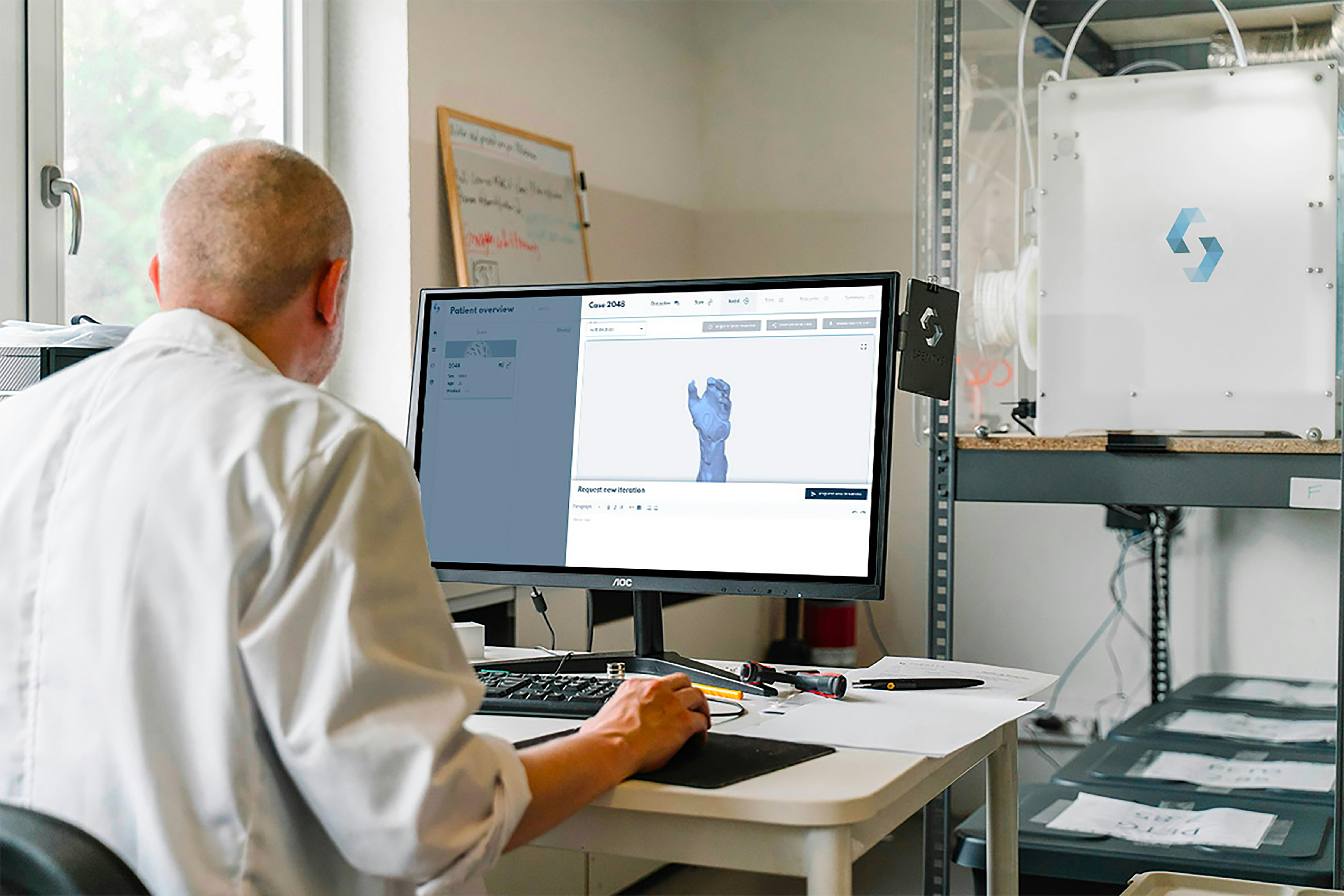Introduction to the Current BPO Landscape in the Philippines
The Business Process Outsourcing (BPO) industry in the Philippines has emerged as a pivotal sector for the nation’s economy, contributing significantly to its gross domestic product (GDP). With a workforce that has adeptly positioned itself as a global leader in customer service and technical support, the Philippines is home to numerous major players in the BPO industry, including multinational corporations like Accenture, Teleperformance, and Concentrix. These companies have established substantial operational bases, further driving growth and employment in the sector.
As of late 2023, the BPO industry in the Philippines employs millions of Filipinos, making it one of the largest sources of employment in the country. The sector has attracted considerable foreign investment, which has not only bolstered economic stability but also created a multitude of job opportunities across various skill levels. However, the industry faces ongoing challenges such as increasing competition from other emerging markets, evolving customer expectations, and the necessity for continuous innovation to maintain competitiveness in the global market.
The integration of advanced technology has fundamentally transformed the BPO landscape. Firms are increasingly adopting cutting-edge tools to enhance operations, streamline processes, and improve service delivery. This trend highlights the importance of AI integration, which is becoming crucial in setting operational standards and optimizing workforce efficiency. The adoption of AI in BPO in the Philippines is essential, as it offers prospects for better forecasting, customer satisfaction, and overall service quality, thereby addressing both immediate and long-term organizational challenges.
In light of these dynamics, it is imperative for industry stakeholders to be acutely aware of the potential that AI holds for the BPO sector. Understanding its significance and its implications for the workforce will pave the way for a more resilient and forward-looking approach to business operations in this ever-evolving landscape.
Emerging AI Technologies in BPO
The business process outsourcing (BPO) industry in the Philippines is experiencing a significant transformation driven by the integration of various artificial intelligence (AI) technologies. Few innovations have had as profound an impact as chatbots, which have begun to reshape customer interactions. These AI-powered systems are designed to handle common inquiries efficiently, providing prompt responses and enhancing customer satisfaction. As companies adopt AI integration, they often report improved engagement metrics and considerable reductions in operational costs.
Additionally, machine learning is gaining traction within the BPO landscape for its capabilities in data analysis. Organizations harness machine learning algorithms to sift through extensive datasets, uncovering insights and trends that inform business strategies. This process not only streamlines decision-making but also optimizes service delivery, ultimately leading to a competitive advantage in the market. These advancements emphasize the importance and significance of AI in enhancing operational efficiency and predictive accuracy.
Automation of repetitive tasks stands out as another prominent innovation in the BPO sector. By leveraging AI technologies, businesses can automate routine functions such as data entry and processing, allowing human resources to refocus on more complex and value-driven tasks. This shift not only enhances productivity but also mitigates the risk of human error, contributing to improved service quality.
Lastly, AI-driven customer service solutions are becoming indispensable. Companies like Teleperformance have successfully implemented AI technologies to provide personalized and responsive customer experiences. For example, they utilize AI algorithms to analyze customer behavior and tailor interactive responses more effectively. This trend illustrates the growing reliance on AI in BPO and its pivotal role in shaping industry standards. As these technologies continue to evolve, the landscape of the BPO industry in the Philippines will undoubtedly transform, unlocking new levels of efficiency and effectiveness.
Impact of AI on Workforce and Job Roles
The integration of AI in the Business Process Outsourcing (BPO) sector in the Philippines marks a transformative phase in the employment landscape. As AI technologies become more prevalent, concerns regarding job displacement loom large. However, rather than merely eliminating jobs, AI is creating opportunities for new roles that require adaptation to advanced technology. The significance of this shift underscores the importance of equipping the workforce with the necessary skills to thrive in an AI-driven environment.
BPO workers are increasingly required to integrate AI tools into their daily responsibilities, which entails understanding how to leverage these technologies to improve efficiency and service quality. This evolution necessitates a focus on upskilling, as employees must learn to work alongside AI systems, interpret data outputs, and provide enhanced customer interactions. Training and development programs tailored to these new competencies are crucial, as they empower the workforce to transition smoothly and succeed in an AI-integrated work setting.
Moreover, business strategies within the BPO sector are adapting in response to AI advancements. Companies are recognizing the importance of retaining talent to maintain a competitive edge. By developing and implementing effective training programs, BPO organizations can foster a culture of continuous learning, ensuring that employees are not only equipped for current demands but are also prepared for future technological shifts. Concerns about job security should be balanced with the recognition that AI can enhance job satisfaction and performance through the automation of repetitive tasks, allowing workers to focus on more complex activities that require human ingenuity and emotional intelligence.
The interplay between AI integration and workforce dynamics ultimately reflects a critical phase of adaptation and growth. While challenges exist, the potential for innovation and improved job roles signifies a forward-thinking approach to the future of the BPO industry in the Philippines.
Future Predictions: AI’s Role in Transforming the BPO Industry
As we look towards the future of the BPO industry in the Philippines, the integration of AI technology is set to play a pivotal role in shaping its landscape. Current trends suggest that AI integration will not only enhance operational efficiency but also significantly improve customer experiences. By harnessing the power of AI, businesses can automate routine tasks, allowing human agents to focus on more complex interactions that demand emotional intelligence and critical thinking. This shift is forecasted to redefine service delivery standards, thereby increasing productivity across various sectors.
The growth potential of AI in BPO is substantial. Many experts predict that by 2030, AI will facilitate a notable increase in revenues, as companies increasingly recognize the importance and significance of adopting advanced technologies. Enhanced data analytics tools can lead to more personalized customer service solutions. These tools will enable a deeper understanding of client preferences, ultimately fostering stronger relationships and greater customer retention.
However, the transition towards AI integration is not without its challenges. Ethical considerations surrounding privacy, data security, and job displacement are critical factors that stakeholders must navigate. Ensuring responsible AI usage is paramount, as trust among consumers and employees remains a key element in the successful implementation of these innovative solutions. Balancing automation with the human touch will be essential to maintain a positive corporate image and ensure customer satisfaction.
In conclusion, the BPO industry in the Philippines stands on the brink of a transformative era driven by AI integration. With strategic foresight and commitment to ethical practices, stakeholders can capitalize on AI opportunities, navigating the future landscape with confidence. The ultimate aim is to enhance efficiency, elevate service quality, and bolster global competitiveness, ensuring that the Philippines remains a key player in the BPO sector for years to come.


